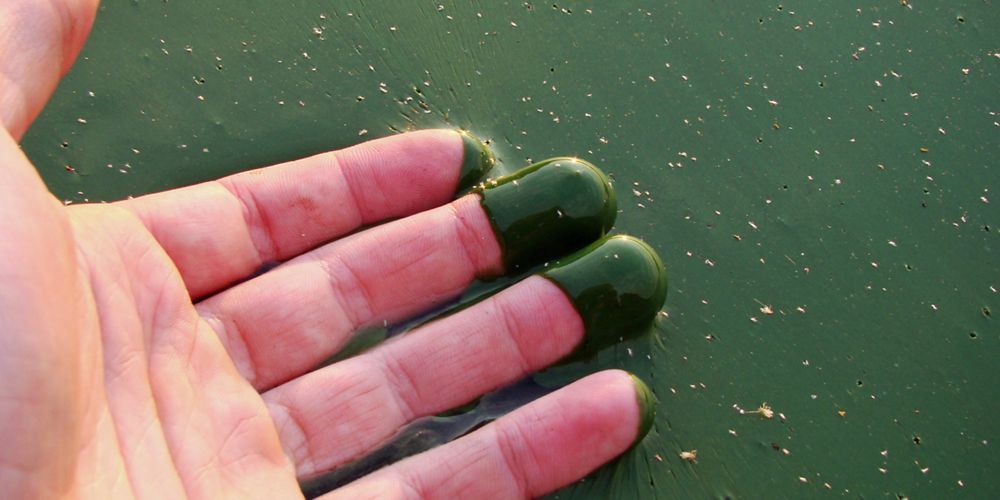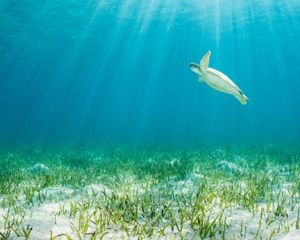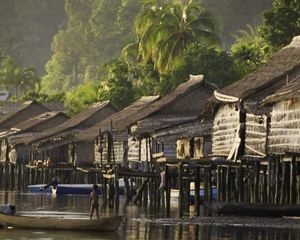Wastewater is a major threat to nature and human health.
Without adequate treatment, wastewater can contribute to habitat loss and extinction. TNC is actively addressing this through innovative science, strategic communications and policy interventions.
A Scary Status Quo
Every day 80% of the world’s wastewater enters our environment completely untreated, jeopardizing nature and public health, with far-reaching consequences for climate resilience, aquatic biodiversity and food and water security and access. Wastewater introduces a toxic cocktail of contaminants that threaten our food and water security as well as marine species.
What’s in wastewater? Pathogens, pharmaceuticals, microplastics, heavy metals, endocrine disruptors and more.
Our existing wastewater treatment systems allow us to “flush it and forget it,” avoiding the complex reality of wastewater pollution. Ignoring this critical issue leads to dangerous consequences, some of which we are already seeing like closed beaches, collapsed fisheries and algal blooms that suffocate aquatic life.
TNC’s Solution
The Nature Conservancy's scientists and conservation practitioners are addressing the dangerous impacts of wastewater pollution with a whole-system approach.
In addition to TNC’s on-the-ground projects across the globe, our dedicated wastewater pollution program is working across the Pacific to coordinate partners, develop foundational science and find solutions that work.
Report
The Scourge of Untreated Wastewater
THE ECONOMIC, ENVIRONMENTAL AND HUMAN COSTS OF INACTION: Learn more about this pilot study intended to establish a foundation to more widely explore this issue in the future. Its broader purpose is to highlight the need for countries to reduce the discharge of inadequately treated domestic wastewater.
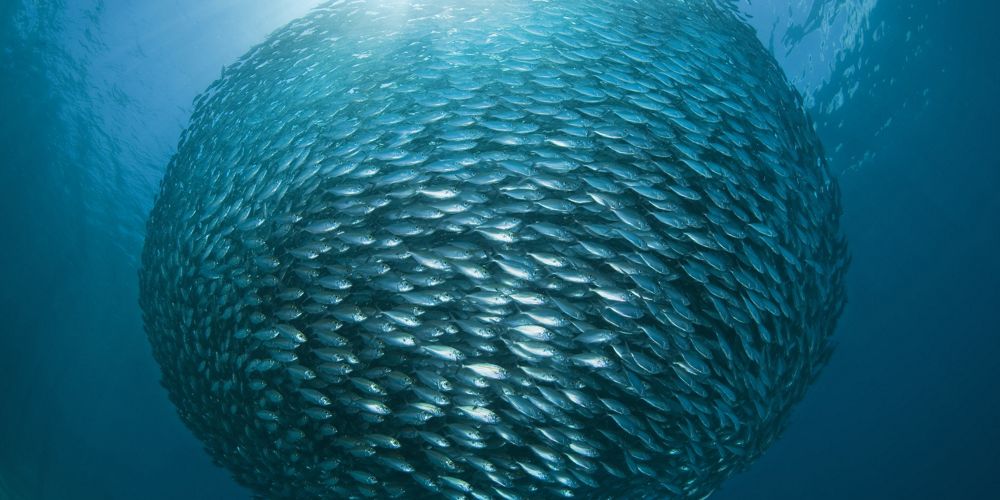
Eyes on Wastewater
Wastewater can often be a hidden threat. Click through this slideshow to see what's just below the surface.
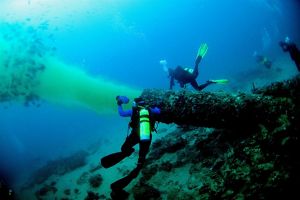
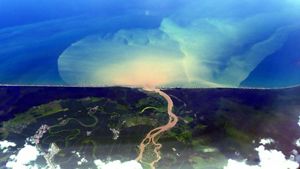
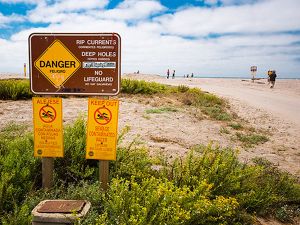
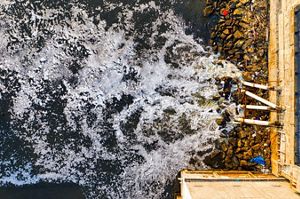
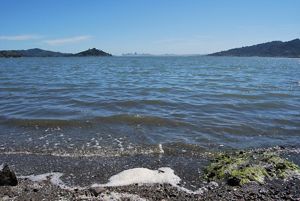

Ocean Sewage: 2 divers inspect the effects of Delray Beach sewage outfall on the coral reef in Florida. © Steve Spring/Palm Beach County Reef Rescue

Coastal Pollution: Riverine discharges to coastal areas. Studies have linked wastewater pollution to seagrass die-offs, harmful algal blooms and weakened reefs. © Malik Naumann/Flickr

Sewage Contaminated Water: Ignoring wastewater pollution can have dangerous consequences, some of which we are already seeing like closed beaches, collapsed fisheries and algal blooms. © Brian Auer

Wastewater Pollution: Wastewater introduces a toxic cocktail of contaminants that threaten our food and water security as well as marine species. © Tom Fisk

Marin County Sewage: Richardson Bay in Marin County, CA is one of the sites in the Bay Area that has experienced sewage spills. © KQED Quest/Flickr
Strategic Communications & Policy
For too many, wastewater pollution flies under the radar or is simply categorized as someone else’s problem. Cultural taboo, combined with misconceptions about the capacity of oceans and other water systems to absorb wastewater, limits our ability to find and implement solutions. So much of the answer hinges on raising awareness.
It’s time the world understood the critical threat wastewater pollution poses to humans and the natural systems we depend on.
That’s why TNC is building awareness and education through partnerships to reach broader audiences and drive campaigns that reduce stigma around wastewater and inspire action. We’re working across sectors to produce and share research, tools and best practices while highlighting the intersections between wastewater pollution, public health and the environment.
Collaboration in Action
- TNC’s collaboration with the Reef Resilience Network provides wastewater pollution training, tools, and learning resources for coral reef practitioners.
- Our work alongside partners at the Ocean Sewage Alliance to build a first-of-its-kind knowledge hub and resource library on marine wastewater pollution.
Policy Reform
If the world is to meet the UN's Sustainable Development Goals, we'll need significant policy reform. Many of the world’s wastewater policies and regulations are inadequate and based on outdated science that neither accounts for modern-day stressors nor recognizes the economic opportunity of wastewater resource recovery. TNC is exploring avenues for policy interventions to reduce and mitigate wastewater pollution for human health and environmental protection.
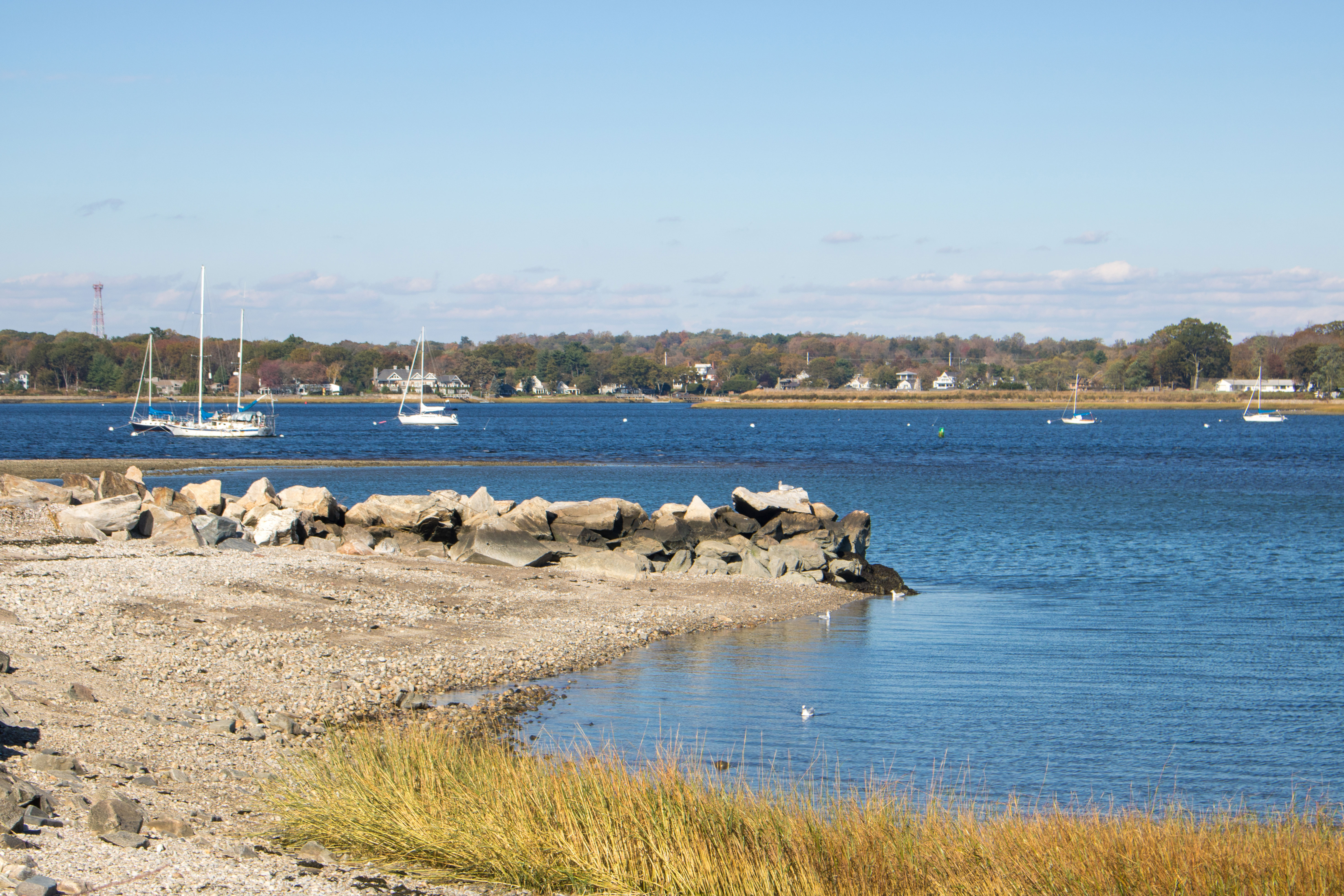
Coastal Long Island, NY
Nitrogen pollution has had a devastating effect on Long Island’s water quality for decades, causing harmful algal blooms and threatening bivalves, like oysters and mussels, as well as seagrass and salt marsh habitats. TNC’s Long Island team, in collaboration with a myriad of government and private sector partners, knew their restoration work wouldn't be successful without dealing directly with the pollution's source: the island’s half-million septic systems and cesspools. Find out how they worked with policymakers and partners at the federal and local level to secure funding and policy reforms necessary to do just that—from homeowner assistance for upgrading septic systems to building clean water infrastructure across the state that mitigates the effects of wastewater pollution. As of 2024, this coalition continues to work on a major ballot valued at $6B over the next 35 years, to create a county wide water quality restoration act to substantially increase the local funding for clean septic change outs and strategic sewer expansion. This fund would be the key to unlocking federal and state infrastructure funding.
Research & Monitoring
The global scientific community is increasingly recognizing the profound impact that wastewater pollution has on aquatic ecosystems. TNC scientists and field staff are on the front lines monitoring water quality to inform wastewater pollution mitigation and management strategies.
Studies have linked wastewater pollution to seagrass die-offs, harmful algal bloom events and weakened reefs that can destabilize entire ecosystems. Even coastal wetlands, which naturally absorb nutrients, can become oversaturated when exposed to wastewater pollution over time, making these systems more vulnerable to extreme weather events exacerbated by climate change.
“Contaminants of emerging concern” (CECs) in wastewater, like PFAS, pharmaceuticals, and other novel chemicals not only threaten drinking water and human health but are also contaminating coastal waters and fisheries.
A Global Goal for Our Oceans
TNC’s plan for ocean recovery is expansive. We have a goal of conserving 10 billion acres of ocean worldwide. In order to achieve this goal, we must ensure that wastewater does not threaten the health and quality of the marine waters we protect.
SHIFTING THE PARADIGM
For the first time ever, the newest edition of the Treatise on Estuarine and Coastal Science includes a dedicated chapter on the impacts of wastewater pollution on marine environments and captures a paradigm shift within the marine conservation community to address the urgent need for sustainable wastewater management. The diverse team of authors includes TNC’s Claire Hirashiki.
Nature-based Solutions
Nature-based solutions are interventions that harness the power of Earth’s natural features and functions. These can look like dunes and wetlands that insulate coasts from storm surge, or native forest restoration in the face of megafires.
TNC and partners are employing nature-based solutions to address wastewater. One of the most promising solutions our team is studying is constructed wetlands. These are engineered systems designed for wastewater treatment that use natural biological technologies that incorporate wetland vegetation, soils, and microorganisms to remove contaminants.
This can be a cost-effective and sustainable option, and TNC is implementing solutions like these across the globe. From the Dominican Republic to India, our team is demonstrating that constructed wetlands can be an effective, nature-based mitigation strategy to improve water quality and restore wildlife habitat.
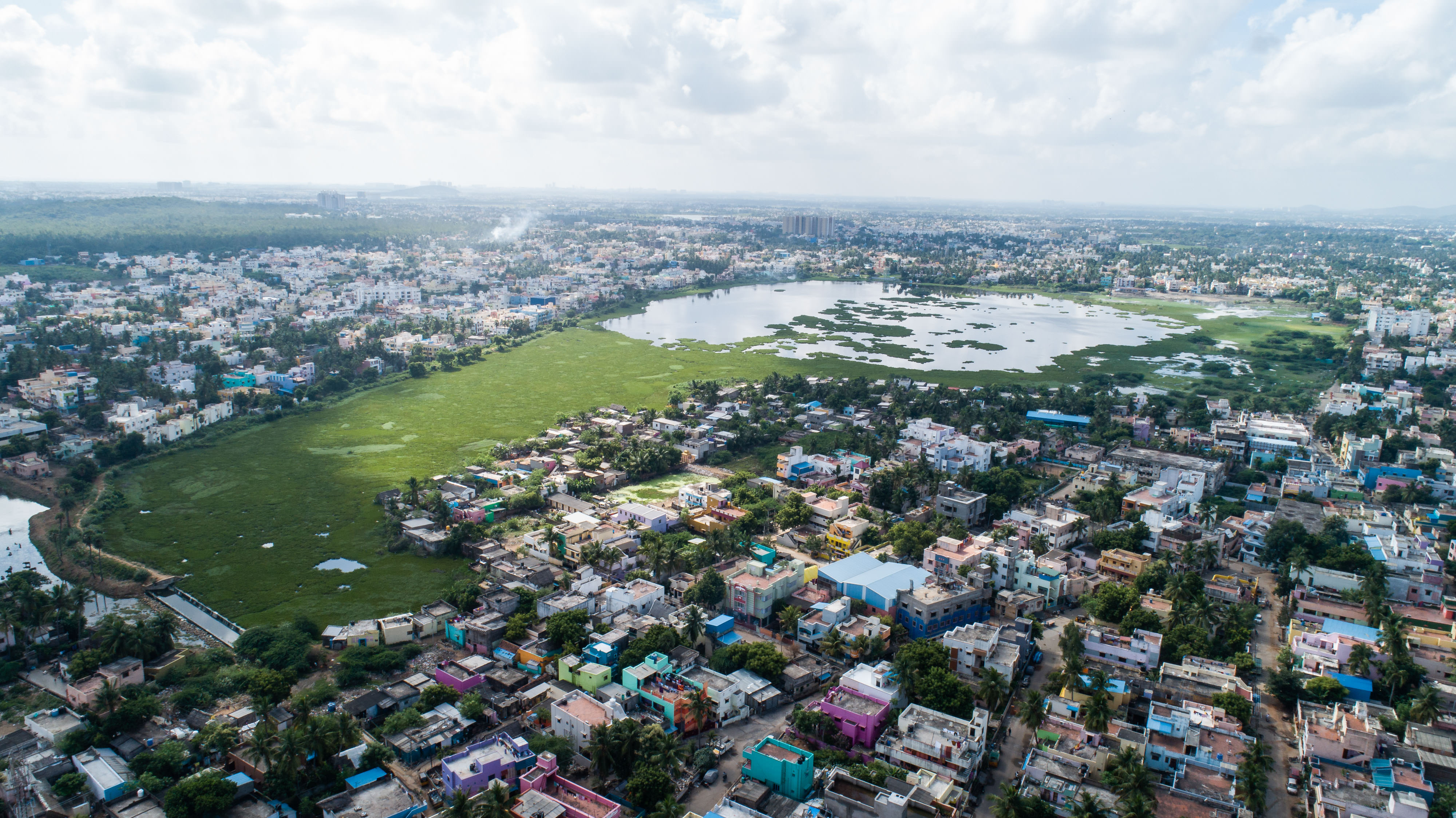
Constructed Wetlands in Lake Sembakkam
In Chennai, the largest city in India’s southern state of Tamil Nadu, a 100-acre wetland has been restored to protect Lake Sembakkam. Rapid urbanization, including increases in wastewater and stormwater pollution, has caused the lake to degrade over time. This is one of many critical natural wetlands that serve as a lifeline for the city’s people and wildlife—including several rare and threatened species of migratory birds. TNC’s India program helped design and restore these wetlands to support biodiversity and to improve habitat, water quality, groundwater storage and recharge, and recreation landscape. Read more about how these constructed wetlands work and why TNC is expanding the project to the broader system of Chennai’s marshland.
Climate Impacts
Climate change and wastewater pollution are two inextricably linked crises.
It’s estimated that wastewater treatment plants account for at least 3% of all greenhouse gas emissions, in addition to supplemental emissions from direct discharge into waterways. Beyond the treatment process, wastewater pollution is also a significant threat to some of the key ecosystems we rely on to store carbon, including mangrove forests and seagrass beds. To complicate the matter, the effects of climate change—from sea level rise to the increase in extreme weather events—are overburdening wastewater treatment systems that are already stressed and outdated.
But if we change the status quo, addressing wastewater pollution can provide multiple avenues for tackling climate change. It starts with implementing treatment options that better protect carbon-storing ecosystems. These options are even more effective when coupled with investment in innovative practices that divert waste into valuable resources, such as reclaimed water, biofuel and fertilizer.
In Florida, TNC and partners have helped pave the way for more widespread reuse of wastewater, helping craft legislation that bans the use of ocean outfalls that discharge treated wastewater directly to the coastal zone within Southeast Florida by 2025, instead encouraging reuse.
Make Transformative Change Possible
We depend on nature, and nature depends on those of us who care enough to stand up for it.

